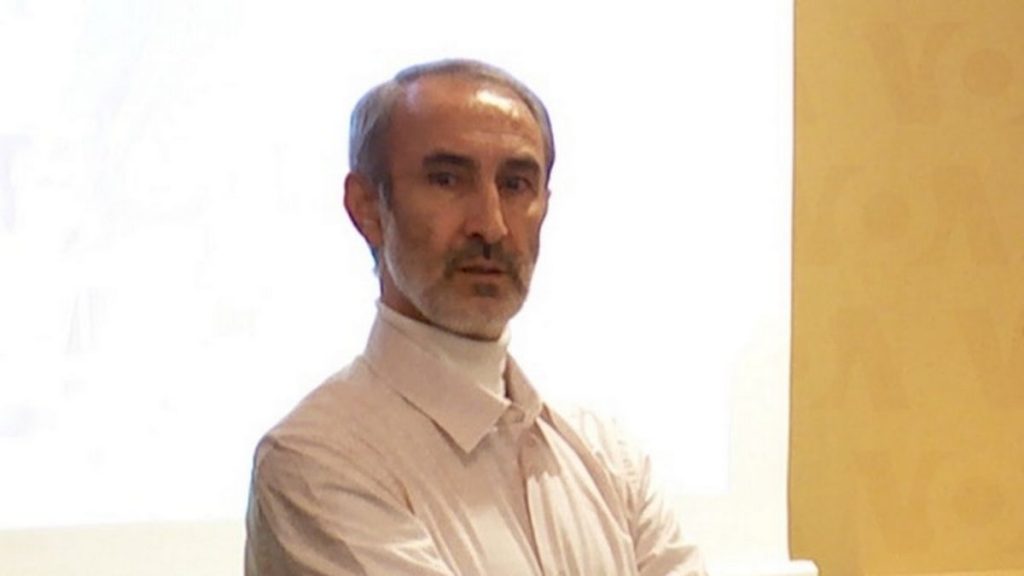London, 15 June 2024 – Justice for the Victims of the 1988 Massacre in Iran (JVMI) strongly condemns the release by the government of Sweden of Hamid Noury, a perpetrator of the 1988 massacre of 30,000 political prisoners in Iran.
In 2022, using the principle of universal jurisdiction, the Stockholm District Court found former Iranian prison official Hamid Noury (Nouri) guilty of murder and serious crimes against international law for his part in the mass extra-judicial executions and enforced disappearances of political prisoners in Iran in 1988. He was convicted to life in prison, and his sentence was upheld by the Court of Appeal and the Supreme Court.
Noury’s release, as part of a deal for the release of Swedish nationals being held hostage in Iran, not only disregards the suffering of Noury’s victims but also sends a dangerous message to the Iranian authorities that they can continue to act with impunity. This decision sets a shameful precedent and undermines international efforts to hold perpetrators of crimes against humanity accountable in Iran and elsewhere. It is also an affront to the Swedish Judiciary and a breach of Sweden’s international commitment to prosecute atrocity crimes.
The culture of impunity that exists in Iran today stems from the failure of the international community to hold Iranian officials accountable for their previous major crimes, chief among them the 1988 extrajudicial executions and enforced disappearances of political prisoners.
The families of the victims demand that the international community take immediate action to hold the Iranian authorities accountable for their crimes and ensure that justice is served for the victims of the 1988 massacre.
JVMI urges the United Nations to establish an independent commission of inquiry into the 1988 massacre to investigate and document the crimes committed, identify those responsible, and ensure that they are brought to justice.
About Justice for the Victims of the 1988 Massacre in Iran (JVMI)
JVMI is a London-based NGO dedicated to seeking truth and justice for the victims of the 1988 massacre in Iran. We work to raise awareness about the massacre, document the crimes committed, and advocate for accountability for those responsible.
In 1988, the government of Iran massacred 30,000 political prisoners. The executions took place based on a fatwa by Supreme Leader Ayatollah Khomeini, targeting the main opposition movement, the People’s Mojahedin Organisation of Iran (PMOI or MEK). Three-member commissions known as ‘Death Commissions’ were formed across Iran sending political prisoners who refused to abandon their beliefs to execution. Members of other leftist groups were also executed in a subsequent second wave. The victims were buried in secret mass graves. The perpetrators continue to enjoy impunity. Since 2016, the names of nearly 100 ‘Death Commission’ members have been made public. Many still hold senior positions in the Iranian judiciary or government.

